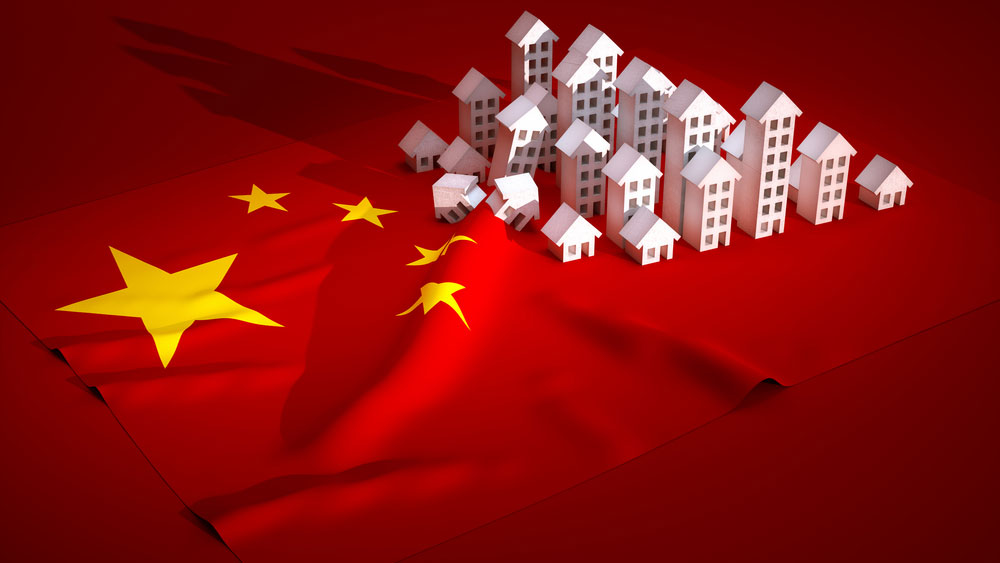A think-tank of China’s powerful state council met real estate developers and banks in Shenzhen city, a source with direct knowledge of the meeting told Reuters, amid intensifying worries over a liquidity crisis in the country’s property sector.
Participants at the meeting, which took place on Monday, included China Vanke, Kaisa Group, Ping An Bank, China Citic Bank, China Construction Bank and CR Trust, according to the source.
Investors are concerned about liquidity woes spreading in China’s property sector, with a string of offshore debt defaults, credit rating downgrades and sell-offs in some developers’ shares and bonds in recent weeks.
Embattled developer China Evergrande Group, which is at the centre of the debt crisis, has rattled global markets as it grapples with liabilities of more than $300 billion, which, if not managed, could pose systemic risks to China’s financial system.
At the meeting with the Development Research Centre of the State Council, Shenzhen-based Kaisa urged state companies to help private firms improve liquidity through project acquisitions and strategic buys, said the source.
While the think-tank makes policy proposals, it is not a decision-making body.
Kaisa, China’s 25th largest developer by sales, also said its liquidity is tight and it is facing significant difficulties amid rating downgrades and banks curbing loans, the source added.
The developer said some financial institutions had transferred funds out of its accounts inappropriately and it urged all lawsuits seeking a freeze of its assets to be handled centrally in a Shenzhen court.
Vanke, one of China’s top three developers, said at the meeting its financials were healthy, although it called for stable policies in a bid to avoid systemic risks and a liquidity crunch. Other companies attending the meeting were Southern Asset Management and developer Excellence Group, the source added.
Vanke, Kaisa and Citic Bank declined to comment. Excellence and the other banks that participated in the meeting did not immediately respond to requests for comment.
The State Council Information Office also did not respond to a request for comment. The source declined to be identified due to the sensitivity of the matter.
In a statement on its official WeChat account late on Monday, Kaisa said it was taking measures to solve its liquidity issues and was consulting investors in wealth management products about better payment solutions.
Kaisa has the most offshore debt of any Chinese developer, after Evergrande.
Some holders of offshore bonds issued by a unit of Evergrande had not received interest payments due on November 6 by Monday evening in Asia. Twice in October, Evergrande narrowly averted catastrophic defaults on its $19 billion worth of bonds in international capital markets by paying coupons just before the expiration of their grace periods.
One such period expires on Wednesday, November 10, for more than $148 million in coupon payments that had been due on October 11.











